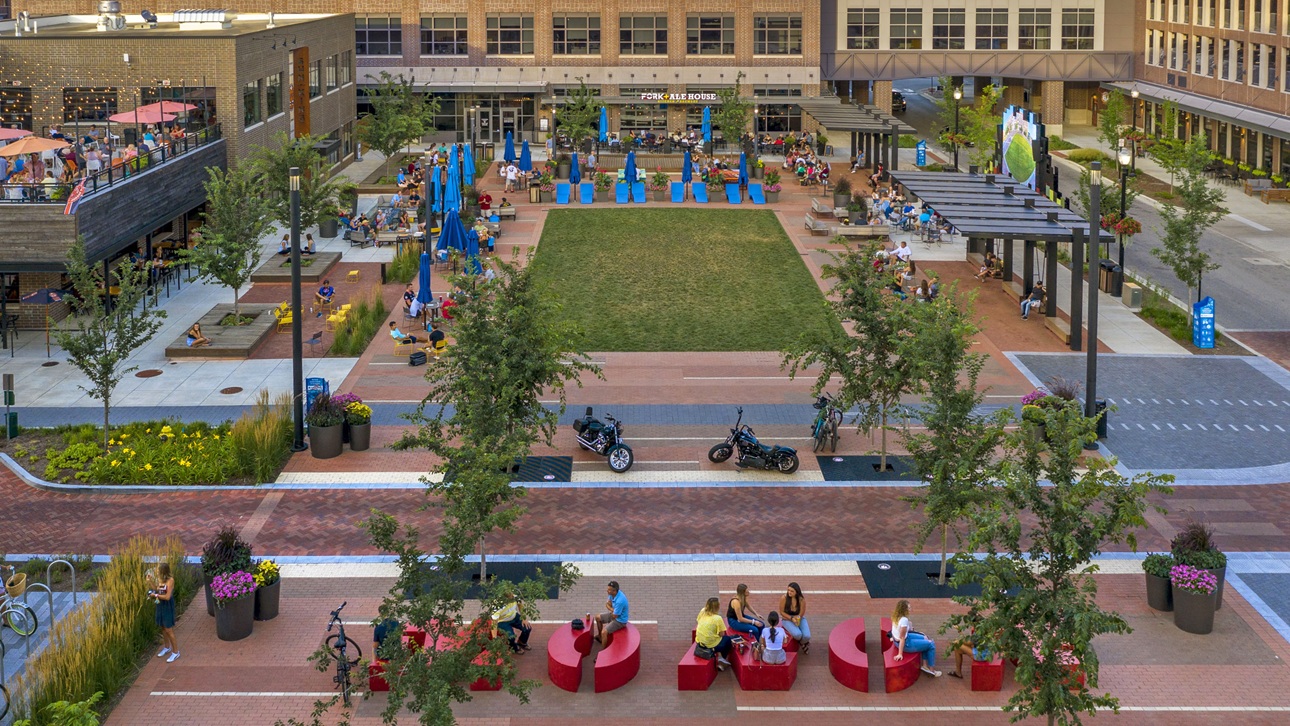- English
- 中文 (Chinese)
- Français (French)
- Deutsch (German)
- 日本語 (Japanese)
- Español (Spanish)
Development for Nondevelopers

The business of real estate‚ from permitting to design, finance, construction, and operations or sale is multifaceted and financially risky. Real estate development decision-making also directly affects communities.
A deeper understanding of the development process can help people engage constructively in the planning and implementation of development projects, improving the likelihood that those projects will advance local priorities and contribute to thriving communities.
The Development for Nondevelopers report:
- Was informed by ULI members and partners‚ including both developers and nondevelopers;
- Provides an overview of essential information about the real estate development process; and
- Aims to outline the basics of real estate development to help community members and public-sector leaders engage effectively in the real estate development process.
Real estate development has great potential to create benefits for people and communities‚ but this is not guaranteed.
Development can play a positive role in generating economic prosperity, increasing community well-being, and helping fund the infrastructure and services that support quality of life. Development may directly provide community infrastructure and amenities‚ including green space and affordable housing, or the taxes and fees developers pay to local governments can help fund essential infrastructure and services, such as schools and transit.
However, development can also create negative outcomes. During much of the 20th century, real estate practices and local policies used race and other factors to segregate communities. In many communities, power and decision-making structures have, for decades, failed to prioritize the voices of those living in communities that have been subject to racist policies and disinvestment‚ leading to distrust in the development process among members of such communities.
Everyone has a role to play.
Although real estate industry leaders have the greatest responsibility in ensuring their projects contribute positively to neighborhoods—including by providing desired community amenities and addressing past harms—everyone can play a role.
Collaboration throughout the development process among community stakeholders and developers that is underpinned by an understanding of development basics can make it more likely that real estate projects will benefit people and communities.
レポートの概要:The business of real estate‚ from permitting to design, finance, construction, and operations or sale is multifaceted and financially risky. Real estate development decision-making also directly affects communities.
A deeper understanding of the development process can help people engage constructively in the planning and implementation of development projects, improving the likelihood that those projects will advance local priorities and contribute to thriving communities.
The Development for Nondevelopers report:
- Was informed by ULI members and partners‚ including both developers and nondevelopers;
- Provides an overview of essential information about the real estate development process; and
- Aims to outline the basics of real estate development to help community members and public-sector leaders engage effectively in the real estate development process.
Real estate development has great potential to create benefits for people and communities‚ but this is not guaranteed.
Development can play a positive role in generating economic prosperity, increasing community well-being, and helping fund the infrastructure and services that support quality of life. Development may directly provide community infrastructure and amenities‚ including green space and affordable housing, or the taxes and fees developers pay to local governments can help fund essential infrastructure and services, such as schools and transit.
However, development can also create negative outcomes. During much of the 20th century, real estate practices and local policies used race and other factors to segregate communities. In many communities, power and decision-making structures have, for decades, failed to prioritize the voices of those living in communities that have been subject to racist policies and disinvestment‚ leading to distrust in the development process among members of such communities.
Everyone has a role to play.
Although real estate industry leaders have the greatest responsibility in ensuring their projects contribute positively to neighborhoods—including by providing desired community amenities and addressing past harms—everyone can play a role.
Collaboration throughout the development process among community stakeholders and developers that is underpinned by an understanding of development basics can make it more likely that real estate projects will benefit people and communities.


